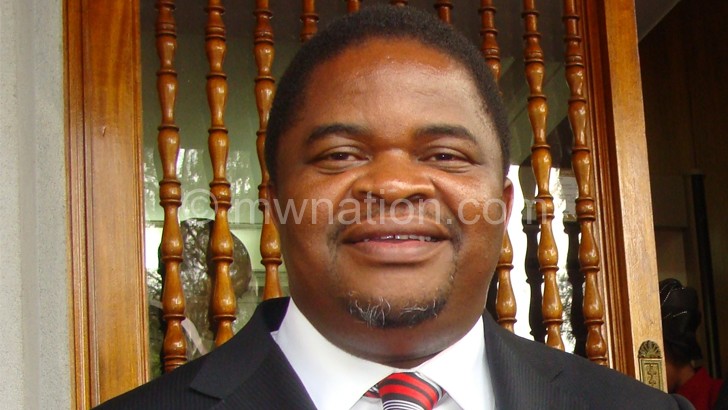Malawi, Zambia seal interconnection deal
Minister of Natural Resources, Energy and Mining Bright Msaka yesterday signed a power sharing deal with neighbouring Zambia, which could help to boost Malawi’s energy capacity.
Msaka, accompanied by Electricity Supply Corporation of Malawi (Escom) officials, are in Lusaka, Zambia to finalise the agreement and a memorandum of understanding (MoU) for the two countries to start sharing power, which is an enabler for sustainable economic growth and development.

The development comes at a time Escom has just announced increased power rationing due to low water levels in Shire River, the main source of the country’s power.
Secretary for Natural Resources, Energy and Mining Ben Botolo told Business News yesterday that Malawi has been negotiating for a possible interconnection of electricity with Zambia for some years.
“With the interconnector, Malawi can now import [from] or export power to Zambia,” he said.
The deal comes at the right time when the much-awaited inter-country power connection deal with Mozambique is expected to delay by two years as new estimates indicate it will only be complete towards end 2017.
The power interconnection efforts are a desperate attempt to salvage Malawi’s power shortage which experts argue continue to slow economic progress.
The country is able to produce 351.5 megawatts (MW) of electricity against a suppressed demand of about 350 megawatts, making it to be the least power generating country in this part of Africa.
According to a study by the Millennium Challenge Account Malawi (MCA-M), projections for generation requirements for 2015 and 2020 are 603MW and 829MW respectively.
Msaka said, among other things, the MoU signed yesterday, contains details on how the two countries will corporate on trading of power and any other development concerning the sector.
“The MoU is a broad umbrella, but Malawi has gone there with a specific agreement which is trading of electricity,” he said.
Unlike Malawi, Zambia has over the years boosted its energy sector through inter-connections with other neighbouring countries such as Zimbabwe, Botswana, Namibia and South Africa, which has improved the sustainability of its power supply.
Zambia also shares power with Tanzania and Kenya through interconnections.





